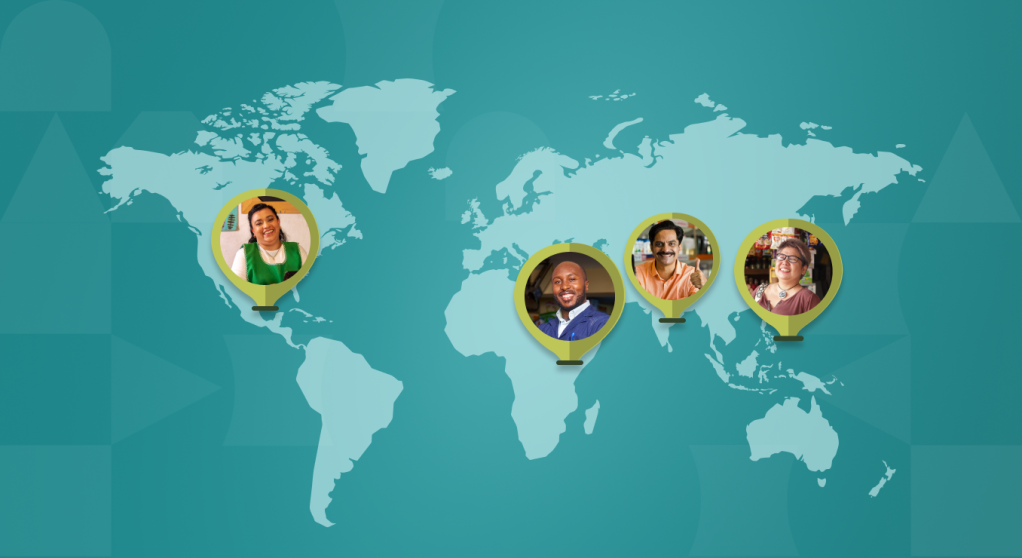By: Shivani Siroya, CEO and Founder
I’ve been thinking a lot about the words we use and read every day.
Words represent our worldview and impact how others perceive us and themselves. Words can lift people up or tear them down, motivate or deflate. The right words can inspire hope and drive action. This blog post is about finding the right words for the people we exist to serve.
The Global Majority
At Tala, we use the term Global Majority to describe the portion of the world’s population who, while having trillions of dollars in economic power, have historically been excluded from accessing financial services. In many cases, these people earn money in the formal and informal economy, but navigate their daily lives without access to savings, credit, bill payment tools, or the ability to affordably transfer money.
Industry experts often refer to this population as unbanked or underbanked, but, alone, these descriptors fall flat and ignore the power of this enormous group. At best, these words define over half of the world’s population by one increasingly unjustifiable barrier to participation in the global economy—access to financial services. At worst, they cast the majority as victims. We think this framing is wrong, and we want to flip it upside down.
The fact is, the Global Majority have immense potential and are more numerous than any economic subgroup on the planet. If their economic activity was concentrated in a single country, that country would boast one of the largest economies on Earth. This truth must be acknowledged and respected, a journey that starts by using the term Global Majority to actively shift the perception of this population away from what they don’t have toward what they do have—power.
By the numbers
The Global Majority do not resemble the media stereotype of lower-income people. They have jobs and spending power and survive with less government assistance than some of the world’s wealthiest people.
The largest portion of the Global Majority is the population working and living above the poverty line but below middle-income. Many of them have multiple jobs and run small all-cash businesses. This includes those who might slide across the invisible poverty line monthly, weekly, or even daily, based on personal and macroeconomic circumstances of the country and community they live in. Pew Research Center refers to this income band, defined as living on $2.01-10.00 per day, as low income and estimates this population to be 52% of households globally or 4 billion people.
While Tala provides financial services to this population, we also know that many of our customers fall into Pew’s middle-income band, representing another 17% of the world’s population. And in some markets, we even see customers whom Pew would define as upper-middle-income, living on $20.01-$50.00/day.
Pew’s research and Tala’s customer data, taken together, say something shocking about the world we live in: 1) roughly 20% of the world’s population—those in the high and upper-middle-income brackets—likely constitute 100% of the customer base for legacy financial institutions, and 2) 60-70% of the world’s population lack access to the financial services they need—from savings, to credit, to remittances. This means that while they’re generating massive economic activity, the Global Majority are still unnecessarily disadvantaged when it comes to achieving basic financial wellbeing for themselves, let alone upward mobility.
Tala has already proven that these old barriers can be smashed with innovative technology, creative thinking, and trust. Now, we’re working to expand access globally. And to any financial institution that still thinks the unbanked are unbankable for a reason, we have more than eight million customers who would like a word.
Tala exists to unleash the economic power of the Global Majority.
We say this because words matter, and the right words can inspire hope and drive action. For us, that action is building best-in-class technology that democratizes access to vital financial services for hardworking, trustworthy people everywhere.
